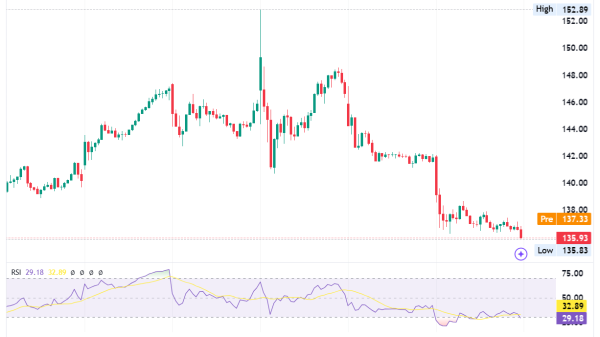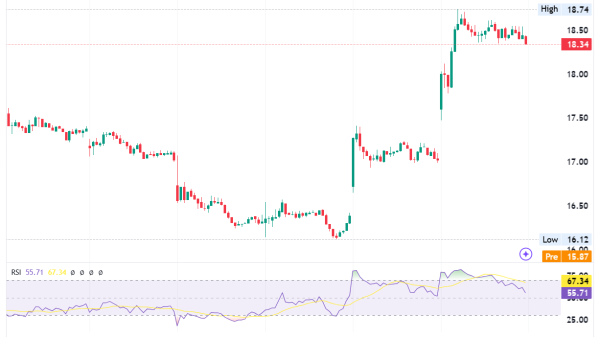Fleet management is a crucial aspect of various industries, from logistics and transportation to delivery services and construction. The ability to monitor and optimize a fleet of vehicles can significantly impact an organization’s efficiency and profitability. With the advent of the Internet of Things (IoT), fleet management has undergone a transformation, offering real-time tracking, predictive maintenance, and improved safety measures. In this article, we will explore the impact of IoT on fleet management, its key applications, benefits, and the future of connected fleets.
IoT in Fleet Management
Fleet management involves overseeing a fleet of vehicles, such as trucks, delivery vans, or construction equipment. Traditionally, it relied on manual processes, paper records, and limited real-time data. The integration of IoT technology has revolutionized fleet management by providing a constant stream of data and real-time insights into vehicle location, health, and driver behavior.
Key Applications of IoT in Fleet Management
1. Real-Time Vehicle Tracking
IoT enables real-time vehicle tracking using GPS and other sensors. Fleet managers can monitor the exact location of each vehicle in the fleet, allowing for route optimization and efficient dispatching.
2. Predictive Maintenance
IoT sensors on vehicles can monitor the health and performance of critical components. By analyzing data on engine status, tire pressure, and other factors, fleet managers can predict maintenance needs and schedule repairs before a breakdown occurs, reducing downtime and costs.
3. Driver Behavior Monitoring
IoT-powered devices can track driver behavior, including speed, acceleration, braking, and adherence to safety guidelines. This data is invaluable for improving driver safety, reducing accidents, and enhancing fuel efficiency.
4. Fuel Efficiency
IoT can be used to monitor fuel consumption and provide insights into improving fuel efficiency. For example, data on idling time, engine performance, and route optimization can help reduce fuel costs.
5. Route Optimization
IoT devices collect data on traffic conditions, road closures, and other factors that impact route planning. Fleet managers can use this data to optimize routes in real time, reducing travel time and fuel consumption.
6. Inventory Management
In the case of delivery or service fleets, IoT can help manage inventory on board. Sensors can track the quantity and condition of goods, ensuring that the right products are available and minimizing losses.
Benefits of IoT in Fleet Management
The integration of IoT in fleet management offers numerous advantages:
1. Real-Time Visibility
IoT provides real-time data on the location and condition of fleet vehicles. This allows for immediate response to incidents or changing conditions, resulting in improved operational efficiency.
2. Predictive Maintenance
By predicting maintenance needs, IoT-enabled fleet management reduces downtime and prevents costly breakdowns. It also extends the lifespan of vehicles and equipment.
3. Improved Safety
IoT devices monitor driver behavior, enhancing safety by encouraging responsible driving practices. Reduced accidents not only improve safety but also lower insurance premiums.
4. Cost Savings
Efficiency gains and reduced maintenance costs lead to substantial cost savings for organizations managing fleets. Additionally, improved fuel efficiency further contributes to cost reduction.
5. Enhanced Productivity
IoT-driven fleet management applications optimize processes, reduce downtime, and streamline operations. This results in increased productivity and improved resource allocation.
Challenges and Considerations
While IoT in fleet management offers numerous benefits, it also poses challenges and considerations:
1. Data Security and Privacy
The collection and transmission of sensitive data, including vehicle location and driver behavior, raise concerns about data security and privacy. Robust security measures must be in place to protect this information.
2. Standardization
Interoperability and standardization are essential for ensuring that IoT devices from various manufacturers can communicate effectively. Common protocols and standards are necessary for seamless integration.
3. Regulatory Compliance
The use of IoT in fleet management must adhere to regulatory requirements, particularly regarding driver privacy and data handling.
4. Data Overload
The continuous collection of data from numerous vehicles can result in information overload. Organizations need effective tools for data management and interpretation to extract valuable insights.
5. Workforce Training
The successful adoption of IoT in fleet management often requires workforce training and a cultural shift within organizations.
The Future of IoT in Fleet Management
As technology continues to advance, the future of IoT in fleet management looks promising. Here are some trends and developments to watch for:
1. Artificial Intelligence (AI)
IoT and AI will work together to analyze vast amounts of fleet data, offering insights for predictive maintenance, anomaly detection, and route optimization.
2. Edge Computing
Edge computing, which involves processing data closer to the data source, will become more prevalent. This reduces latency and can be crucial for applications that require rapid decision-making.
3. 5G Connectivity
The rollout of 5G networks will provide faster and more reliable connectivity for IoT devices, enabling real-time data transmission and better support for fleet management applications.
4. Autonomous Vehicles
IoT-enabled fleet management will play a crucial role in the development of autonomous vehicles. These vehicles rely on a multitude of sensors and real-time data for navigation and decision-making.
5. Blockchain Technology
Blockchain can be used to enhance the security and integrity of fleet management data, ensuring that data remains accurate and private.
Conclusion
The Internet of Things is revolutionizing fleet management by providing real-time visibility, predictive insights, and automation. Challenges related to data security, standardization, and workforce training must be addressed to ensure that the benefits of IoT in fleet management are fully realized.
As IoT technology continues to evolve, it will remain a driving force in fleet management, offering a glimpse into a future where organizations have unprecedented control and visibility over their fleets, leading to increased efficiency, cost savings, and improved safety.
The post IoT in Fleet Management: Driving Efficiency and Safety appeared first on IoT Business News.


























